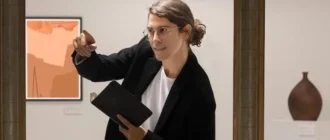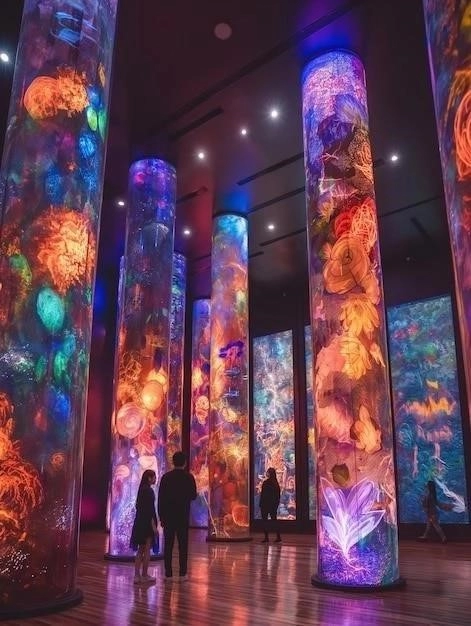History and Mission
The Tribeca Film Festival was founded in 2001 by Robert De Niro, Jane Rosenthal, and Craig Hatkoff. Established in the wake of the September 11th attacks, the festival sought to revitalize Lower Manhattan and celebrate the enduring spirit of New York City through the power of film.

Submission Categories and Selection Process
The Tribeca Film Festival welcomes submissions across a diverse array of categories, celebrating both traditional cinematic formats and emerging platforms for storytelling. These categories include:

- Feature Films: This category encompasses narrative fiction films with a running time exceeding 40 minutes. Tribeca seeks out compelling stories, exceptional filmmaking craft, and unique perspectives within this category.
- Short Films: Showcasing narrative, documentary, and animated films with a running time under 40 minutes, this category provides a platform for emerging filmmakers and succinct, impactful storytelling.
- Tribeca NOW: This category highlights projects demonstrating a strong potential for serial development, encompassing episodic content, podcasts, and immersive experiences. It represents Tribeca’s commitment to innovative storytelling across media platforms.
- Tribeca X: Recognizing excellence in branded storytelling and the intersection of advertising and entertainment, this category considers branded content, short films, and episodic projects.
- Immersive: Reflecting the festival’s embrace of cutting-edge technology, this category showcases virtual reality (VR), augmented reality (AR), and other immersive experiences that push the boundaries of storytelling.
- Games: This category celebrates the artistry and innovation within video game development, considering titles across various genres and platforms. Tribeca seeks games that demonstrate compelling narratives, artistic excellence, and innovative gameplay mechanics.
The selection process for the Tribeca Film Festival is highly competitive. A dedicated programming team reviews all submissions carefully, considering factors such as originality, storytelling quality, artistic merit, and innovation. The festival strives to curate a program that reflects the diversity of voices within independent film and showcases the most compelling and groundbreaking work being created today.

Notable Films and Filmmakers
Over its history, the Tribeca Film Festival has served as a launching pad for numerous critically acclaimed films and filmmakers who have gone on to achieve significant recognition within the industry. Some notable examples include:
- “Transamerica” (2005): Directed by Duncan Tucker, this poignant comedy-drama about a transgender woman embarking on a road trip with her estranged son earned Felicity Huffman an Academy Award nomination for Best Actress.
- “The Devil Wears Prada” (2006): This highly successful fashion-forward comedy, directed by David Frankel, premiered at Tribeca and became a global phenomenon, solidifying Anne Hathaway’s star power.
- “Taxi to the Dark Side” (2007): Alex Gibney’s powerful documentary examining the use of torture by the United States during the war on terror won the Academy Award for Best Documentary Feature.
- “The Cove” (2009): This gripping documentary directed by Louie Psihoyos exposed the brutal dolphin hunting practices in Taiji, Japan, and won the Academy Award for Best Documentary Feature.
- “Winter’s Bone” (2010): Debra Granik’s critically acclaimed drama, which launched Jennifer Lawrence’s career, showcased the festival’s commitment to discovering emerging talent and providing a platform for powerful, character-driven narratives.
Beyond specific titles, Tribeca has consistently showcased the works of established and rising filmmakers who champion independent voices, including Ava DuVernay, Ryan Coogler, Lena Dunham, and Barry Jenkins. The festival’s commitment to diverse perspectives and innovative storytelling has solidified its position as a significant platform for both established and emerging filmmakers to premiere their work and connect with audiences.

Impact on Independent Film and New York City
The Tribeca Film Festival has exerted a considerable influence on the landscape of independent film, providing a prominent platform for filmmakers working outside the traditional studio system. By championing diverse voices, innovative storytelling, and emerging technologies, Tribeca has fostered a vibrant community for independent filmmaking, connecting artists with audiences, industry professionals, and potential collaborators.
Moreover, the festival has played a pivotal role in the cultural revitalization of New York City, particularly in the aftermath of the September 11th attacks. By drawing filmmakers and audiences from around the world, Tribeca has contributed significantly to the city’s economy, fostered a sense of community, and reaffirmed New York’s status as a global center for art and culture.
Through its unwavering commitment to independent film and its deep connection to New York City, the Tribeca Film Festival continues to shape the cinematic landscape, celebrate artistic expression, and contribute to the cultural vibrancy of the city that never sleeps.










